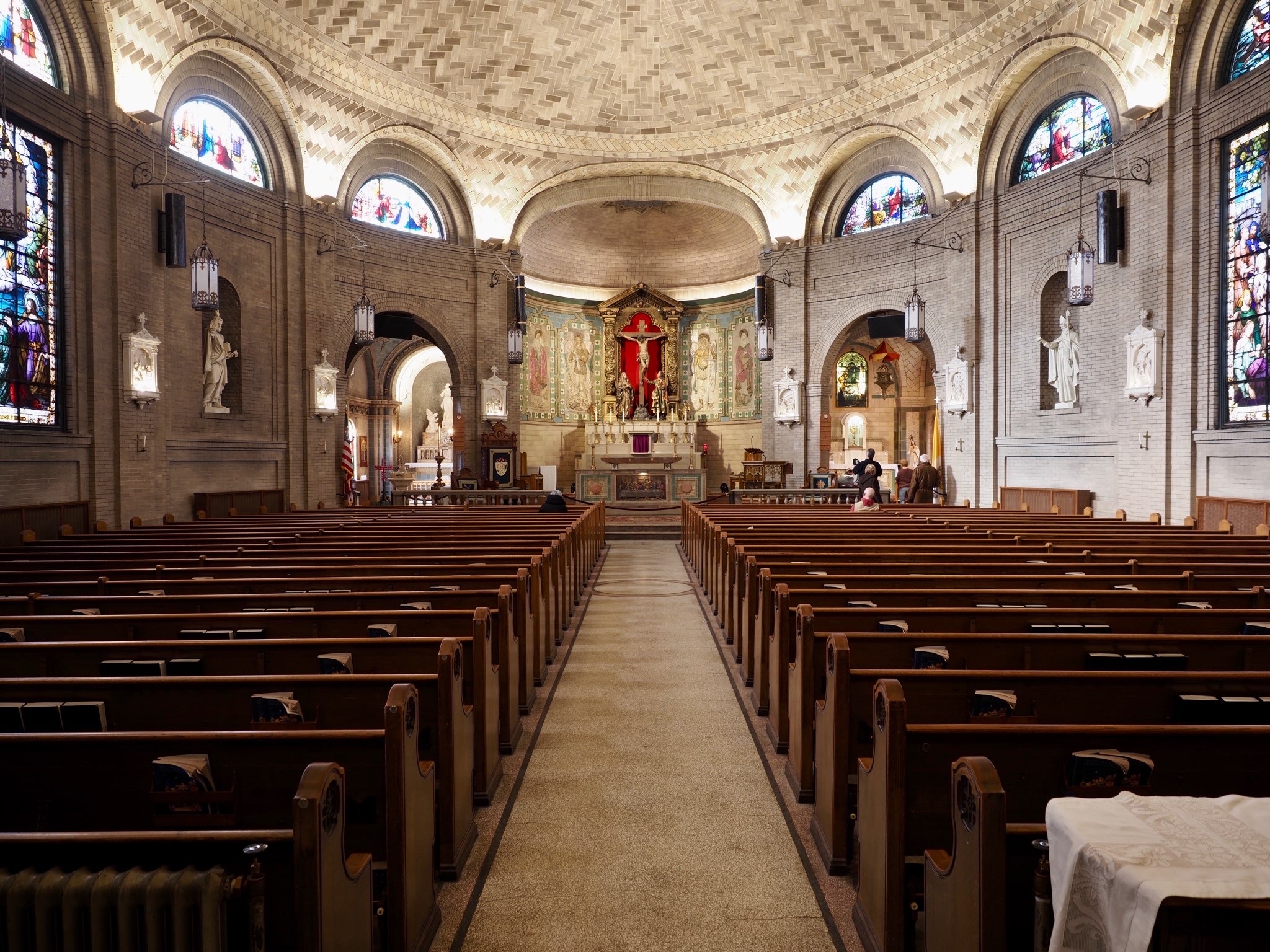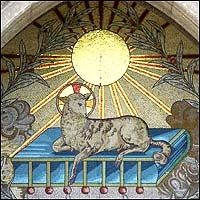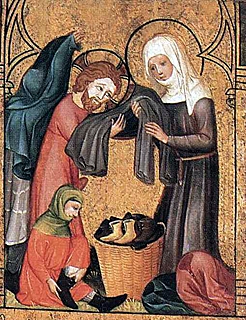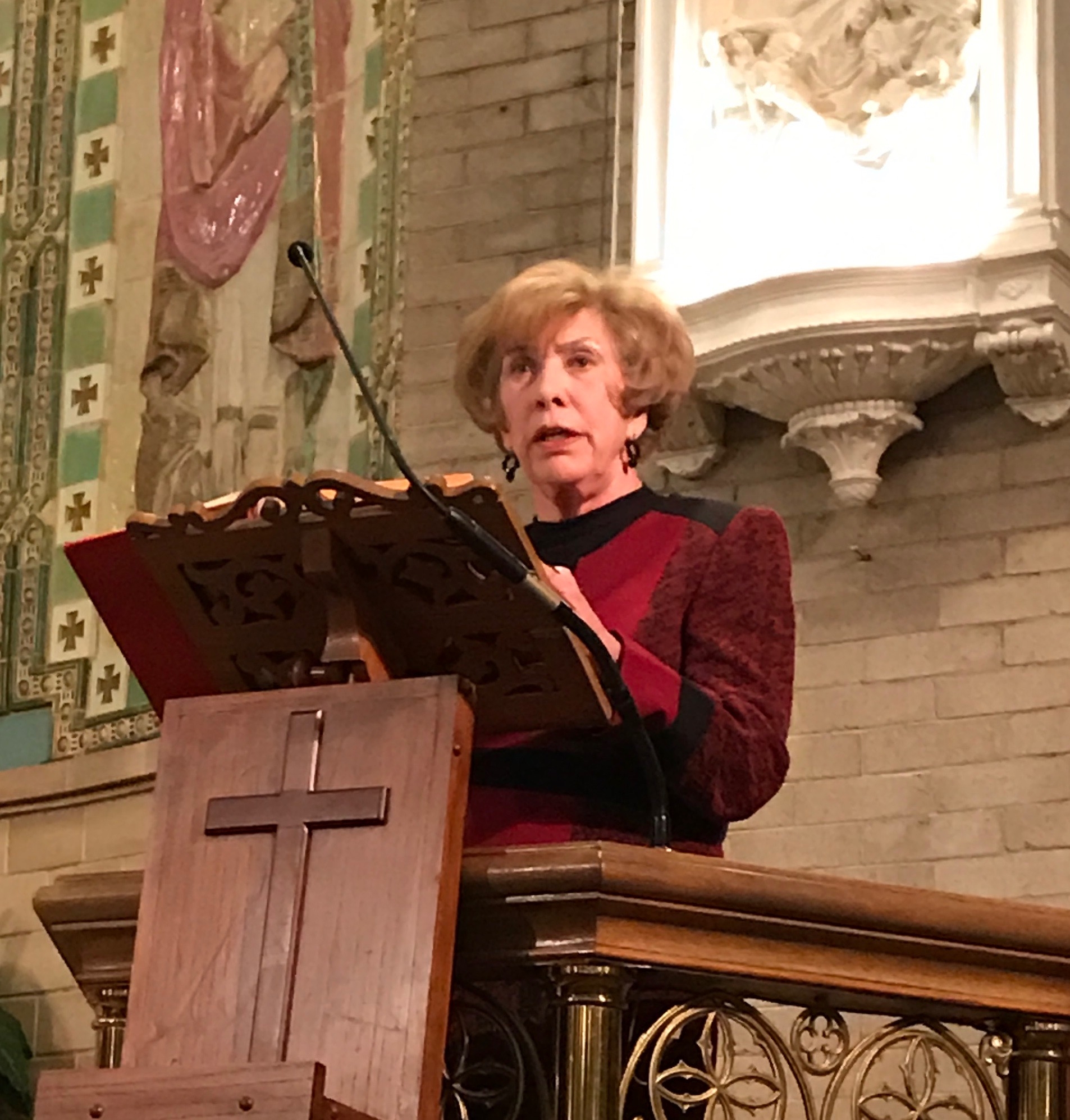These reflections are a result of more than 40 years of ministry as a Roman Catholic priest. Most of these years I spent in the Diocese of Charlotte which covers Western North Carolina. Now I am retired, and live in Medellín, Colombia where I continue to serve as a priest in the Archdiocese of Medellín.

“It is written,
My house shall be a house of prayer,
but you have made it a den of thieves.”
(Lk 19:45-48)
Sometimes we are not always a house of prayer. My friend Patrick was drinking in a bar in downtown Asheville, and an acquaintance came up to him and told him about the death of a mutual friend. He asked, “You’re a Catholic aren’t you?” Patrick answered, “Yes.” The other one asked, “What’s that stuff about lighting a candle?” Patrick explained about lighting a candle and saying a prayer. The other one asked, “Can we light a candle now for our friend who died?” Patrick said, “Yes, of course,” and then took him to the Basilica of Saint Lawrence a few blocks away. The church was open so they went in . . . the other gentleman had never been in a Catholic church and for that matter had probably never been in any church. They lit a candle and then knelt down to say a prayer for their friend. About that time a lady from the Basilica interrupted them and said, “That’ll be fifty cents for the candle!” I’m sure the church needed the money for the candle . . . and they probably would have given a lot more than the fifty cents. But the moment was lost.

When he took the scroll,
the four living creatures and the twenty-four elders
fell down before the Lamb.
Each of the elders held a harp and gold bowls filled with incense,
which are the prayers of the holy ones.
They sang a new hymn:
“Worthy are you to receive the scroll
and break open its seals,
for you were slain and with your Blood you purchased for God
those from every tribe and tongue, people and nation.
You made them a kingdom and priests for our God,
and they will reign on earth.”
(Rev 5:1-10)
What a vision of the Lamb! And another hymn, but this time a NEW hymn. When I was in studies at Vanderbilt University, I helped out a parish community by taking the 7:00 am Mass every Sunday morning. There was a deacon to assist me but NO music. As the deacon told me, “This is the quiet Mass.” Well, I acquiesced to the NO music, but when we got to Easter I warned the deacon that we would be singing albeit a cappella. And sing we did. Folks who might want a QUIET heaven are bound to be disappointed. Not only will there be music and singing . . . there may be some NEW hymns to learn!

The first creature resembled a lion, the second was like a calf,
the third had a face like that of a man,
and the fourth looked like an eagle in flight.
Day and night they do not stop exclaiming:
“Holy, holy, holy is the Lord God almighty,
who was, and who is, and who is to come.”
They throw down their crowns before the throne, exclaiming:
“Worthy are you, Lord our God,
to receive glory and honor and power,
for you created all things;
because of your will they came to be and were created.”
(Rev 4:1-11)
The vision of the Four Living Creatures should be familiar. The symbols of the four gospels are taken from this passage: Matthew, man; Mark, lion, Luke, ox; John, eagle. The liturgical setting of this book helps us to understand the frequent use of hymns. As the Liturgy of Saint John Chrysostom reminds us: “We, who mystically represent the Cherubim, And sing the thrice-holy hymn to the Life-creating Trinity, Now lay aside all earthly cares, That we may receive the King of all, Who comes invisibly escorted by the Angelic Hosts, Alleluia, Alleluia, Alleluia.” The photo today is of the Basilica of Saint Paul Outside the Walls.

“I know your works;
I know that you are neither cold nor hot.
I wish you were either cold or hot.
So, because you are lukewarm, neither hot nor cold,
I will spit you out of my mouth.
For you say, ‘I am rich and affluent and have no need of anything,’
and yet do not realize that you are wretched,
pitiable, poor, blind, and naked.
. . . .
Behold, I stand at the door and knock.”
(Rev 3:1-6,14-22)
Yes, we all love the image of the Lord knocking at the door . . . and we usually skip over the other verses, “I will spit you out of my mouth” and “you are wretched, pitiable, poor, blind, and naked.” Of course, we rarely see ourselves as the Lord sees us. We live with lots of delusions, some of us really enjoy them. Today is the feast of Saint Elizabeth of Hungary who had no problem looking into the mirror and spending her life in serving the poor.

Blessed is the one who reads aloud
and blessed are those who listen to this prophetic message
and heed what is written in it, for the appointed time is near.
(Rev 1:3)
This little verse holds a key to understanding this mysterious book of the Bible. “Blessed is the one who reads aloud and blessed are those who listen” describes a liturgical setting and further on the writer says that it was “on the Lord’s day” (Rev 1:10). And perhaps, the liturgy is the proper place to situate this book and to understand its message, a message not only to early Christians facing persecution, but also to overstuffed Christians two thousand years later who have “lost the love you had at first” (Rev 2:4). These last two weeks of Ordinary Time should be interesting.



